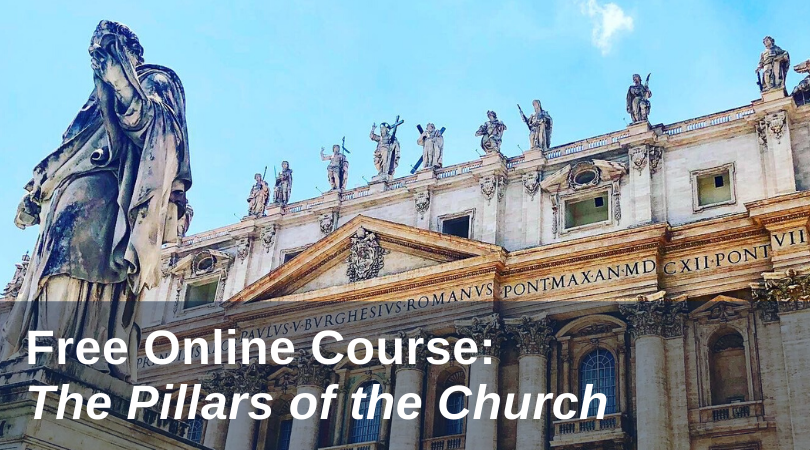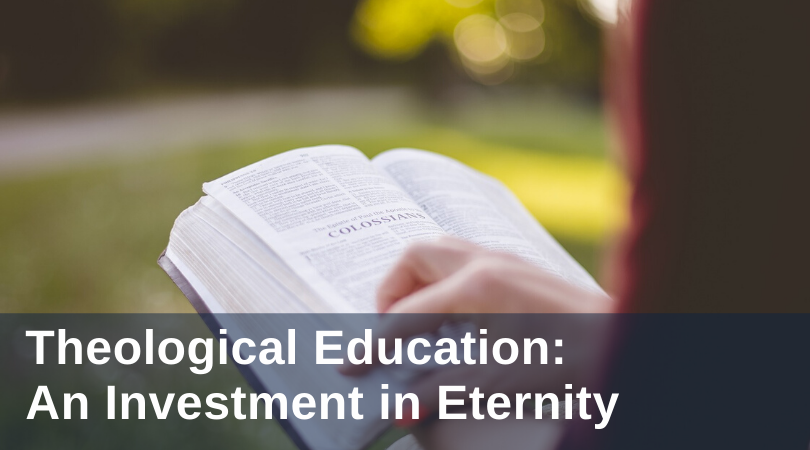Looking for new ideas or resources to engage your faith or your ministry? Here are our weekly curated links, including offerings in each of the following categories: Prayer for the Home, Educational Opportunities, Resources (for ministers, educators, parents, etc.), and Flourishing and Fun.
Topics: Catholic education, online education, Hispanic ministry, theological education, coronavirus, COVID-19 Resources, Monday Motivation Weekly Resources, Marian devotion, May Crowning
Although anytime is a good time to learn more about the Catholic faith, the present is a particularly opportune time for deepening one’s intellectual and spiritual appreciation of it. Some of us may find that the cancellation of graduations and other spring events provides extra time for learning. Others, troubled by the unfolding world events, may feel a need to consider how the Catholic faith sheds light on personal experience. And still others—for example, parents, students, and teachers who are involved in remote learning—will require access to high-quality theological content that “thinks with the mind of the Church.” One opportunity that will appeal in all of these instances is an educational offering made available by the McGrath Institute for Church Life called “The Pillars of the Church.” This web-based video series, available at no cost until July 1, presents the four sections (referred to as “pillars”) of the Catechism of the Catholic Church, adapting them for a general audience and featuring faculty members affiliated with the University of Notre Dame’s Department of Theology.
Topics: Catechism, faith, online education, theological education, educational resources
In the 21st century, learning has become a lifestyle. Certainly this has a lot to do with the availability of a seemingly infinite variety of educational resources, all accessible with a quick click or tap on our devices. Without leaving home, a person can learn about any topic, in any depth, and from many different types of media. At no other time in human history have so many intellectual treasures been as readily available to the average person. Yet access to such educational resources does not guarantee that a person will benefit from them. True learning, because it is a process that involves deep, internal and personal change, is not achieved with ease—it requires an investment. A sacrifice of time, energy, money, pride, or some combination of these is required before the benefits of learning can be reaped. It was in recognition of this fact that Benjamin Franklin wrote, “If a man empties his purse into his head, no man can take it away from him. An investment in knowledge always pays the best interest.”
Topics: STEP, online education, theological education




